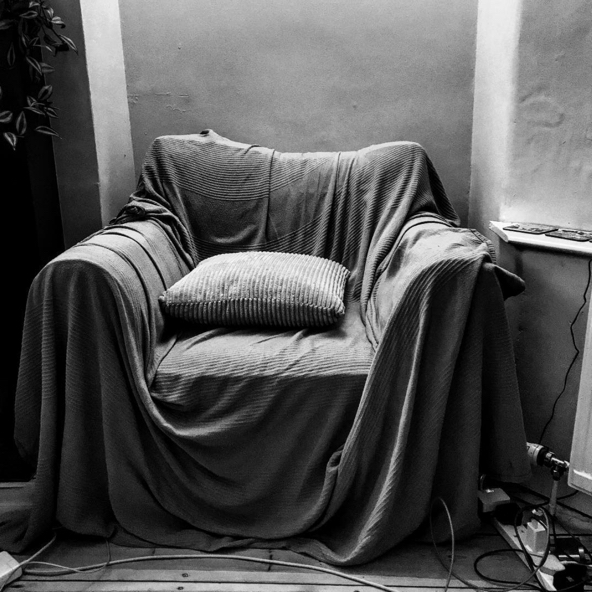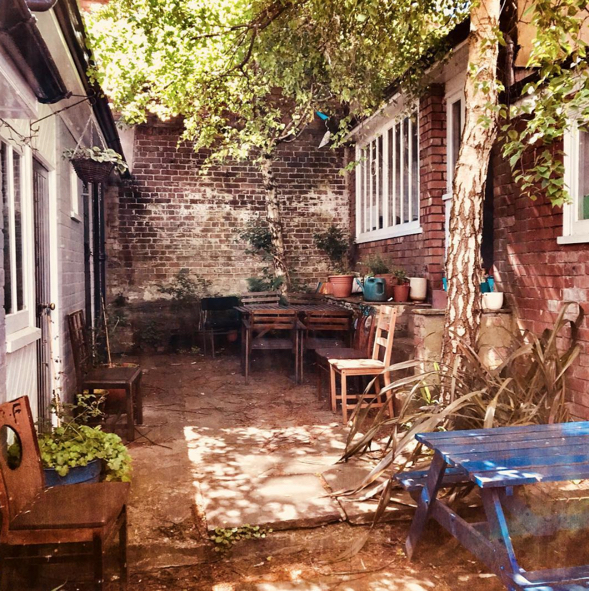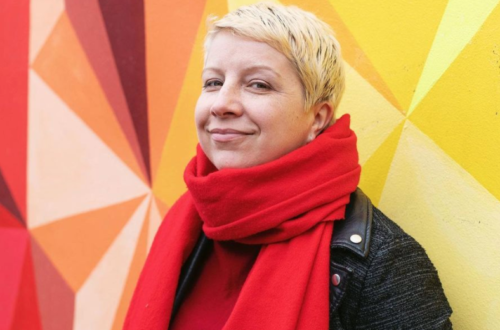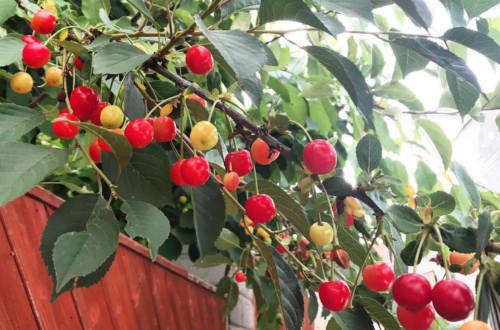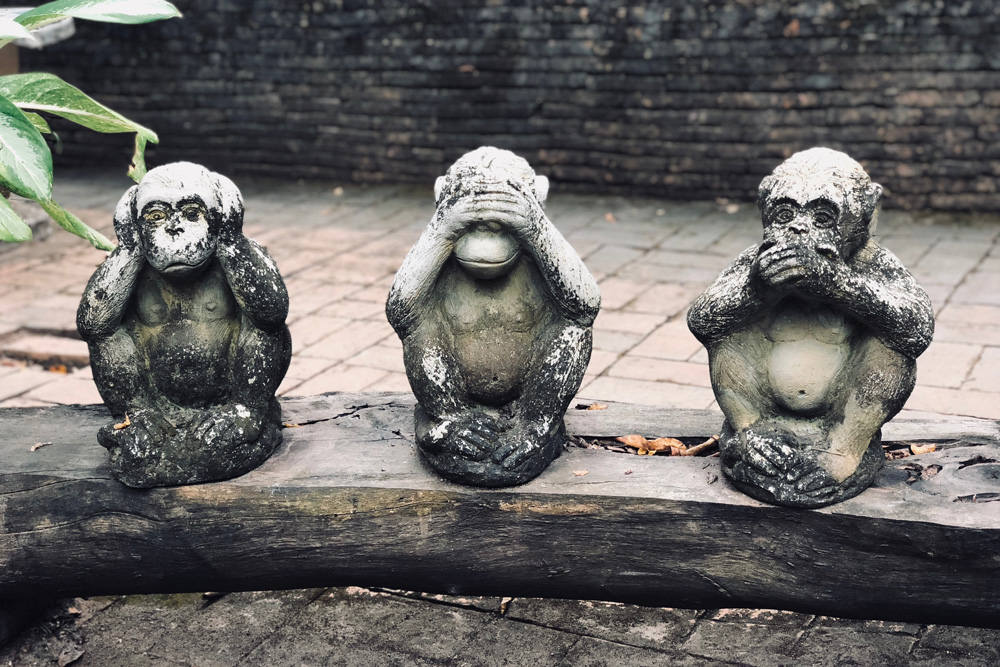
Three wise monkeys
I think about the Three Wise Monkeys sometimes, recently a lot actually. The symbolism of those rather famous statues is the maxim “see no evil, hear no evil, speak no evil”, but in the modern Western society, I think it is often interpreted in terms of individualism and involvement warning us not to peak into other people’s lives, not to listen to other people’s business, not to speak up and spread lies about others. I often think that we have lost the original, other interpretation of those three Japanese characters – one which relates to lack of involvement, turning a blind eye, ear and mouth to hide evil deeds… So I had a look at the origin of this story again:
The concept of the three monkeys originated from a simple play on words. The saying in Japanese is mizaru, kikazaru, iwazaru (見ざる, 聞かざる, 言わざる) “see not, hear not, speak not”, where the -zaru is a negative conjugation on the three verbs, matching zaru, the modified form of saru (猿) “monkey” used in compounds. Thus the saying (which does not include any specific reference to “evil”) can also be interpreted as referring to three monkeys.
[…]
“The Three Mystic Apes” (Sambiki Saru) were described as “the attendants of Saruta Hito no Mikoto or Kōshin, the God of the Roads”.[10] The Kōshin festival was held on the 60th day of the calendar. It has been suggested that during the Kōshin festival, according to old beliefs, one’s bad deeds might be reported to heaven “unless avoidance actions were taken…”. It has been theorized that the three Mystic Apes, Not Seeing, Hearing, or Speaking, may have been the “things that one has done wrong in the last 59 days”.
According to other accounts, the monkeys caused the Sanshi and Ten-Tei not to see, say or hear the bad deeds of a person. The Sanshi (三尸) are the Three Corpses living in everyone’s body. The Sanshi keep track of the good deeds and particularly the bad deeds of the person they inhabit. Every 60 days, on the night called Kōshin-Machi (庚申待), if the person sleeps, the Sanshi will leave the body and go to Ten-Tei (天帝), the Heavenly God, to report about the deeds of that person. Ten-Tei will then decide to punish bad people, making them ill, shortening their time alive, and in extreme cases putting an end to their lives. Those believers of Kōshin who have reason to fear will try to stay awake during Kōshin nights. This is the only way to prevent the Sanshi from leaving their body and reporting to Ten-Tei.
Not seeing. Not hearing. Not speaking up. Not doing (the fourth monkey included in some traditions). Not acting in the context of evil, nasty plans, the ability to stop yourself is crucial, of course. I think a lot of people underestimate the damaging power of not acting in a different context though: in the context of not helping, not speaking up, pretending not to hear, simply not getting involved. I volunteer a lot for mental health charities so I see the pain in my daily work. I see a lot of it in my daily life as well, but only small part of it comes from evil acts. The rest comes from the inconsiderate acts of silence. Sometimes I wish people could understand that not acting, not doing something kind might not be as drastic as acting against our will or invading our privacy, but it remains equally damaging. I think we have seen what liberal tolerance and not speaking up, not staying vigilant and purposefully kind, did to the world recently. So why can we not learn and apply this in our daily lives? Why can we not lean in and reach out beyond ourselves to each other? Why do we leave our society so cold and almost alien sometimes and think it is them, not us, that’s the root of the problem? Every day we wake up, go to work, rest, spend time together, count our blessings, possibly plan. But do we actually look out from our comfortable, safe place, just to check if others are safe and comfortable too? Are we actually responsible for each other? Are we willing to make effort for them?
I could leave this post at this, but I do not want to leave you with that drowning negative sense of hopelessness. I am simply asking those questions. I do not have the answers. But I do know that people can be and oftentimes are different – they do get involved, they do speak up and do stand up for others. They offer help even if you don’t ask for it. I see this every week at the OTR when every little problem is addressed. Where saying “if you ever need a coffee and chat, I am here” really does not cost much. Where stopping and asking “how are you?” is actually a question that requires a mindful response and results in a short moment of active listening. That also does not cost much at all. And the stakes are really high here for all of us. We need to get our act together fast to help our young people who are only entering this world and will come across a lot of ignorance and a lot of wise or not too wise monkeys.
I am glad that I can be where the change and action are happening. But you can be too: right here, right now, in your life. Give someone a smile or thanks in the street. Complement them at work. Check-in when you get back home. Make time for them after dinner. Listen to them hearing what they have to say – without judgement. Look at them with attention, look into their eyes (did you know that if people smile and we look into their eyes our mirror neurons fire and we automatically smile as well?). Speak up and say something nice, anything really. Every little moment of connection counts and leads to a long-lasting resilience and togetherness which is not intrusive but actually quite comforting and safe. Do it now!
(This post is prompted by my preparations for a 5K walk for OTR Bristol. If you want to help young people’s mental health and act this way, please donate here. As I am writing this I am £5 short of our goal so you might just be able to help us reach it. Thank you!)
Photo by:
